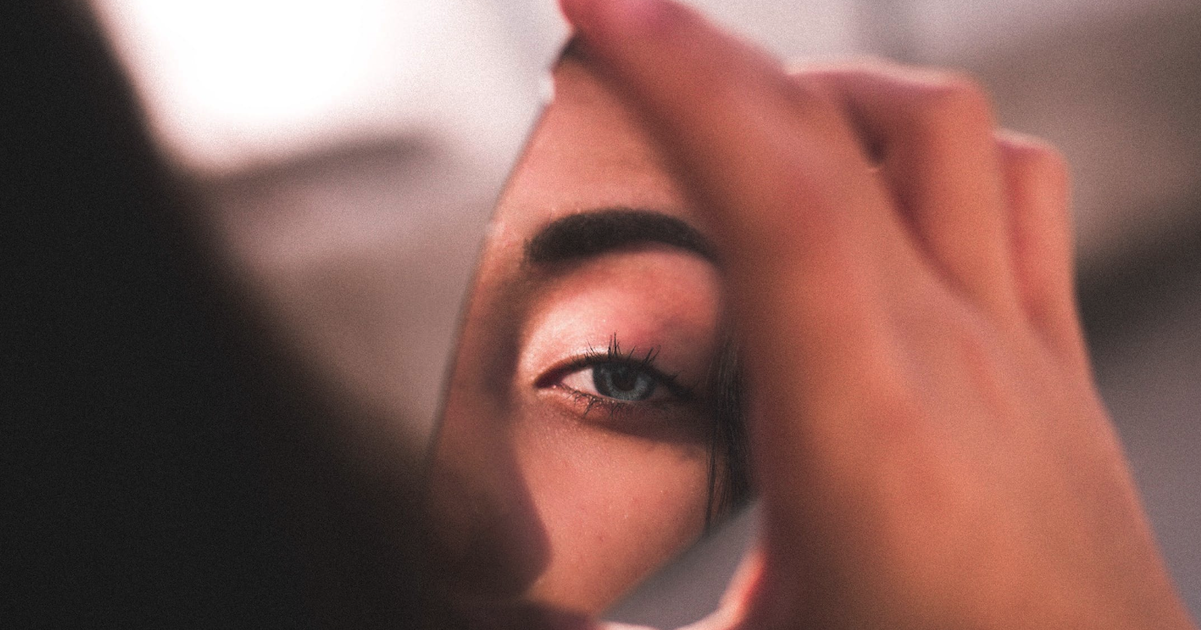Although some attempt to claim that fully decriminalizing prostitution would make life safer for women and children, real-life examples of exploitation continue to prove that young women and girls are at increased risk of sexual exploitation when prostitution is fully decriminalized. Case in point: In Colombia, an Instagram model nicknamed “La Madame” was arrested for running a child sex trafficking ring.
La Madame, whose real name is Liliana del Carmen Campos Puello, operated by “recruiting” (read: trafficking) vulnerable minors to “service” (read: be subjected to rape by) adult clients—many of whom are reported to be rich and powerful. These buyers would often demand that the underage girls participate in “sex parties” in glamorous locations such as yachts and hotels. Many of the girls were forced to be branded with tattoos, as well, indicating their status as a sexual object.
While La Madame took glamorous photos with her money and privileged lifestyle for use on social media, the children she had taken advantage of were being violated by sex buyers. While the sex buyers were enjoying their luxury yachts, these young girls were treated as sexual commodities.
Many arguments for full decriminalization of the commercial sex industry insist that doing so will make prostitution safer and help eliminate sex trafficking for good.
Reality and research don’t corroborate those claims.

Prostitution is legal in Colombia and sex trafficking still exists. There isn’t enough “supply” to meet the demand of sex buyers. Prostitution is fully decriminalized in Colombia and young, vulnerable children are trafficked and exploited in horrific ways to feed the demand of sex buyers. The reality in Colombia is yet another way that the lie that fully decriminalizing prostitution helps eliminate sex trafficking and makes children safer is exposed as both incorrect and dangerous.
Research shows how the relationship between supply and demand is interwoven throughout the debate over the decriminalization of prostitution. A 2013 study of 150 countries from the London School of Economics found that wherever prostitution was legal, sex-trafficking tended to increase instead of decrease. In Germany, sex trafficking cases increased by 70% as a result of legalization. In the Netherlands, where prostitution has been legal for nearly two decades, an estimated 50-90% of women are selling their bodies against their will.
This is not “just” happening overseas.
In Nevada there are several counties with legalized prostitution and these are the only places in the U.S. with legalized prostitution. Adjusted for population, Nevada has the highest rates of illegal sex trafficking in the country. It is 63% higher than the next highest state, New York, and double that of California. Nevada was named to our 2019 Dirty Dozen List for being complicit with the sexual exploitation of hundreds of women.
It is clear that sex trafficking is not a problem so easily solved by decriminalization. In fact, sex trafficking increases when places choose to legalize prostitution.
As a system dominated and completely characterized by violence, sexual exploitation, and profit, prostitution can never be made safe—especially for the most vulnerable among us. Where prostitution is fully decriminalized and/or legalized, girls like the ones exploited by La Madame in Colombia—young and often poor—will continue to be targets for trafficking and sexual exploitation.
To learn more about our policy recommendations regarding issues of sexual exploitation issues, including the full decriminalization of prostitution, visit our project page here.


